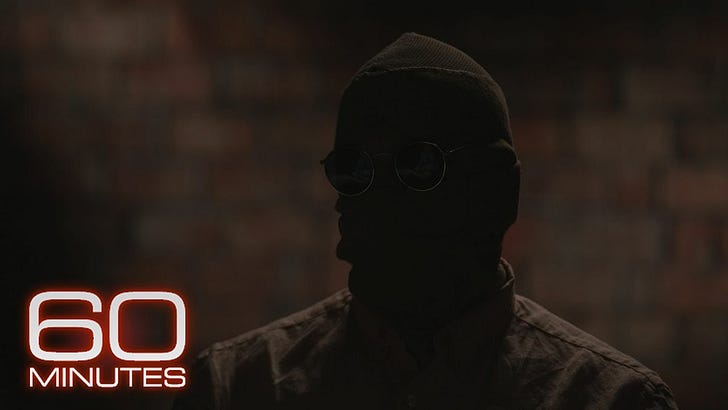PsyOps, short for psychological operations, involves the use of tactics to influence emotions, perceptions, and behavior. This series explores the diverse applications of psychological influence, from media strategies to social interactions. There’s no specific order or structured episodes—each piece stands on its own, offering unique insights into the power of persuasion. To explore the entire series, click here
I’ve always been interested in the PsyOps and Information Warfare aspects of conflict and public persuasion. This ranged from the sock puppet accounts of Benjamin Franklin and his numerous newspapers to the escapades of Sefton Delmer during World War II and how the German populace was turned against their government.
I find by studying the tactics of the past before the internet, you can better understand the operations carried out with the internet these days. The internet adds scale.
What used to take weeks now takes days.
What used to take days, now takes hours.
What used to take a team and expensive equipment can be done by a lone individual with a laptop.
In the first episode, I want to talk about the lines between terrorism, military kinetic operations, and PsyOps while also exposing the media’s role in such campaigns.
Episode Description:
Josh Stepp explores the fascinating world of psychological operations (PSYOPs) and information warfare. Using a recent 60 Minutes interview about alleged Mossad operations against Hezbollah as a case study, Josh delves into the tactics, ethics, and impact of these covert influence campaigns while analyzing the interview itself as a PsyOp, highlighting the power of narrative control and perception manipulation in modern conflicts.
Topics Discussed:
PsyOp Fundamentals: An overview of PsyOp, their purpose, and applications in various contexts.
The Pager and Walkie Talkie Attacks: A detailed account of the alleged Mossad operation, including the meticulous planning, device modification, and execution of the attacks on Hezbollah.
The 60 Minutes Interview as a PsyOp: An analysis of the interview itself as a strategic tool for information warfare, shaping perceptions, and influencing adversaries.
Open Source Intelligence (OSINT) Analysis: A demonstration of OSINT analysis techniques using the 60 Minutes interview as an example, evaluating source credibility and identifying potential motives behind the information.
The Ethics and Effectiveness of PSYOPs: A discussion on the ethical considerations surrounding PSYOPs and their effectiveness in achieving long-term strategic goals.
Links and Resources:
https://www.cbsnews.com/news/israeli-mossad-pager-walkie-talkie-hezbollah-plot-60-minutes/
https://irp.fas.org/doddir/army/atp2-22-9.pdf
https://www.bunniestudios.com/blog/2024/turning-everyday-gadgets-into-bombs-is-a-bad-idea/
https://www.reuters.com/world/middle-east/irans-ambassador-lebanon-injured-by-pager-explosion-2024-09-17/
https://en.wikipedia.org/wiki/Calls_for_the_destruction_of_Israel
60 Minutes Interview





